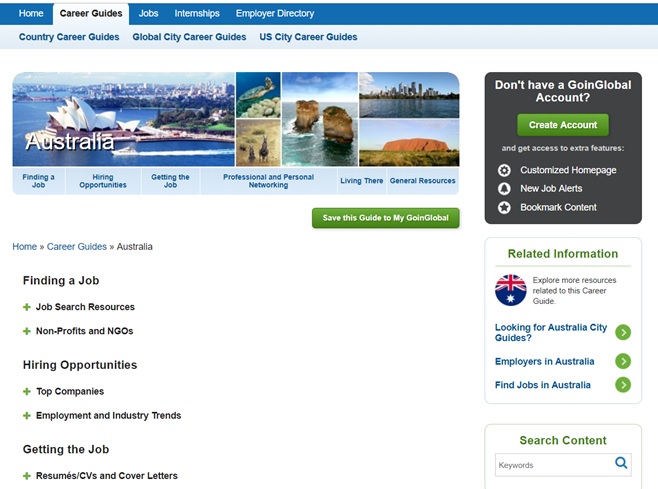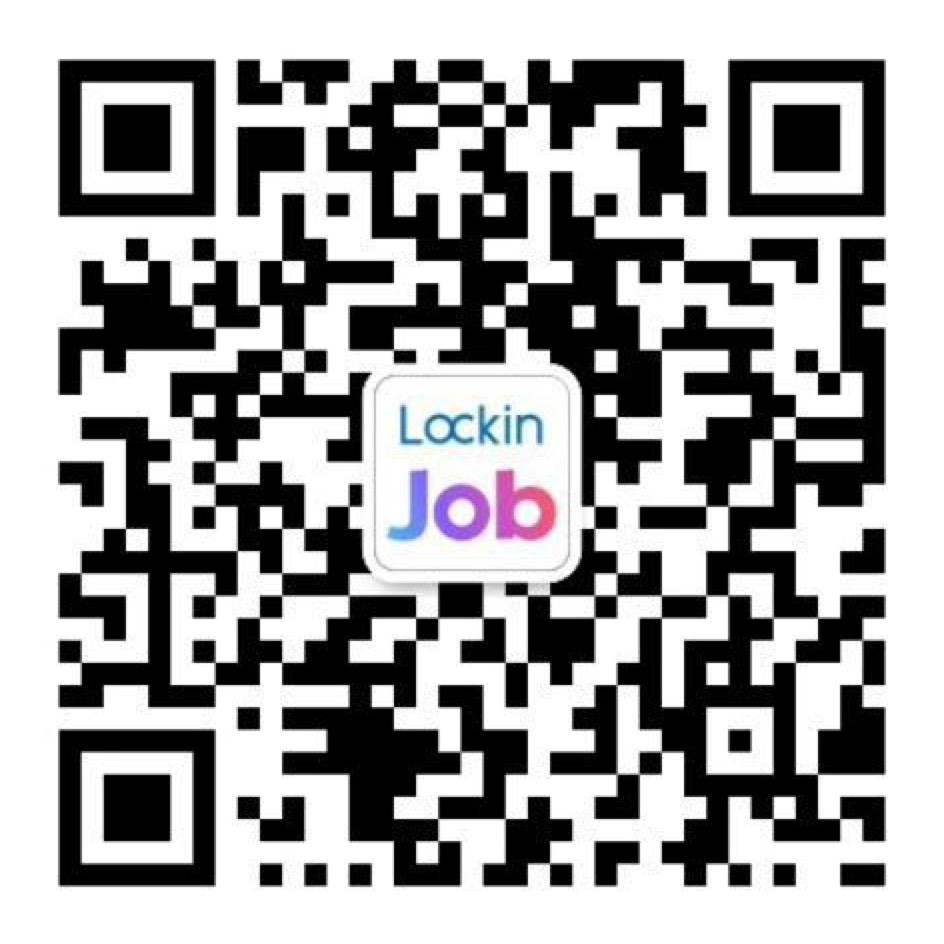You’ve probably head people say that networking is the most effective way to get the job you want, but at the same time find the prospect of networking daunting and something you’re not ready to do yet. If so, taking some time to go through the following steps can help you to get started.
- Be clear about why you should network
One of the challenges that stop people from being proactive in their networking is that they are not clear on what steps to take and how it will benefit them; completing job applications and getting interviews has a very clear cause-and-effect, whereas networking can seem more indirect.
One exercise to do is visualise your career in 5 years’ time if you invested a lot of time networking, and then visualise again if you didn’t invest any time networking. What is the difference between the two projections? If there is a positive difference from networking, write this down so you can refer to it later on for motivation and clarity as needed; if there is no difference, this would suggest that you’re not clear on why you need to network, so it is worth exploring why you should network and how it could help you specifically achieve your career goals. Having a thorough understanding of why you should do something will help you be more motivated to do it. Speaking to Careers Network can help you with this.
- Accept where you are and identify your worries
Acknowledging that you don’t feel ready to network – or that you feel you should, but really don’t’ want to – is an important first place to start, as from here you can then make the necessary steps to move forward.
On a scale of 1-10, rate how ready you are to start networking, and then once you have a score write down the reasons why your score is not higher, and then the reasons why it’s not lower, e.g. because you feel scared that you’ll embarrass yourself but you know that you should network in the future to further your career. Thinking about the reasons why your score is not lower will help you appreciate that you may be more ready then you realised, while listing your worries and concerns will help you identify next steps to take to move forward.
- Make a decision to act and take some small steps
Once you are clear that networking can help you achieve your career goals, refer to your list of worries and concerns and commit to take a small action to address one of these. For example, if you are scared about knowing what to say to a new person, set up a LinkedIn profile and connect with people you know well. Send messages to some of these people asking if you could arrange a time to ask them some questions about their careers. A step that follows on from this would be to send a personalised connection invite to someone you don’t know very well outlining where you met and why you want to connect, and once connected request if you could arrange a time to ask them a couple of questions to get insight on their careers.
There are lots of potential actions you could take depending on what on what your concerns are, but in every case the principle is to identify how ready you are now and where you want to get to and then take regular small actions to move towards there. Which each completed step you may feel more confident and skilled to move forward. Smaller steps are easier to achieve then big actions.





